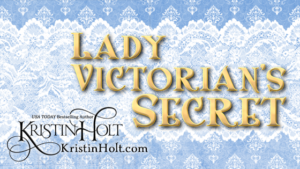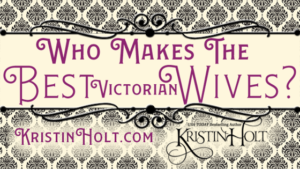
by Kristin Holt | Jun 14, 2018 | Articles
Nineteenth Century American women who desired an advanced education (and to work as a professional) fought an uphill battle. As late as the final decade (1890s) cultural beliefs demanded “good” women made home a bit of heaven on earth, toiled only as a help-meet to her husband, and found all the joy and satisfaction there she could possibly need. Historical sources underscore this dated belief system, and set the stage for the challenges faced by my character Dr. Isabella Pattison, DDS, in Isabella’s Calico Groom (within Calico Ball: Timeless Western Collection).
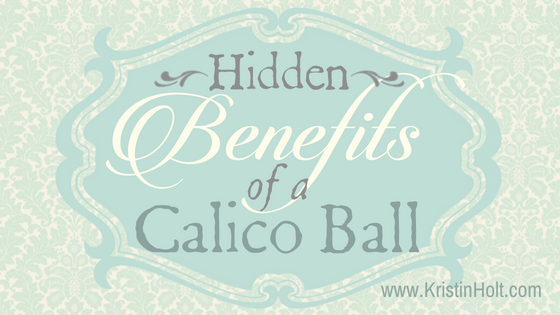
by Kristin Holt | Jun 8, 2018 | Articles
Beyond the obvious beneficiaries of the Calico Ball craze (mid- to late-nineteenth century United States)– the needy who received the once-worn dresses (or suits of clothes), who else benefited?
I suggest a short list of Hidden Beneficiaries. Who else can you identify?
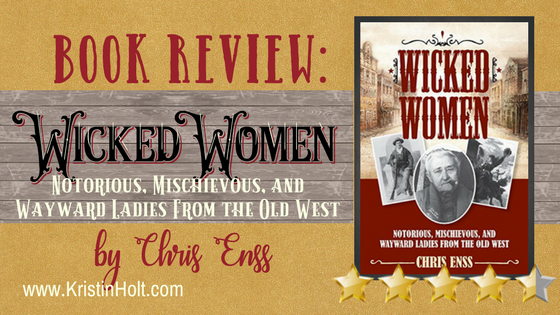
by Kristin Holt | Nov 13, 2017 | Articles
Book Review of Chris Enss’s title: Wicked Women: Notorious, Mischievous, and Wayward Ladies from the Old West. This nonfiction, informative, entertaining book presents women of the Old West–their impact and influence on mining towns, settling the west, and men from prospectors to politicians.
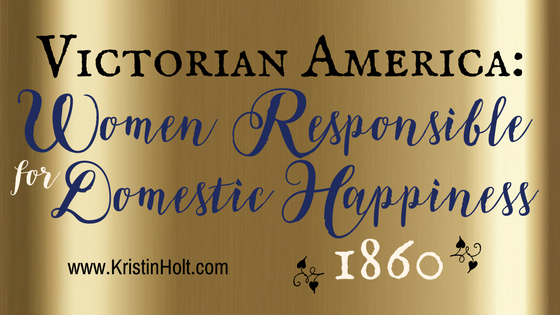
by Kristin Holt | Aug 23, 2017 | Articles
Victorian-era expectations regarding women’s province (the home), placed responsibility for happiness, economy (and perceived respectability), and her husband’s “comfort” at home, wholly within her reach–and the consequences (good and bad) entirely on her shoulders. This vintage newspaper article, “Truths for Wives”, is a classical example of pervasive attitudes in the nineteenth century. While starkly dissimilar to today’s societal expectations, this short article from 1860 sheds much light on Victorian expectations–including winning and keeping a husband’s love.
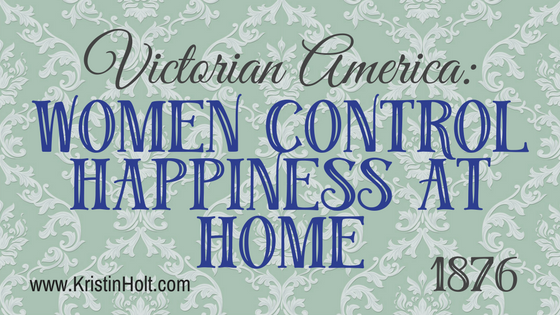
by Kristin Holt | May 26, 2017 | Articles
Vintage newspaper articles from 1827 and 1876 illustrate the Victorian-era attitude regarding a woman’s work within the home. Far more than meal preparation and child-rearing, these brief statements memorialize the era’s viewpoint of differences between men and women, and the wife’s cherished role as confidante, partner in sorrows and joys, whose feminine endowment brings “exquisite tact which rounds the sharp corners, and softens the asperities of different characters, enabling people differing most widely to live together in peace…”







